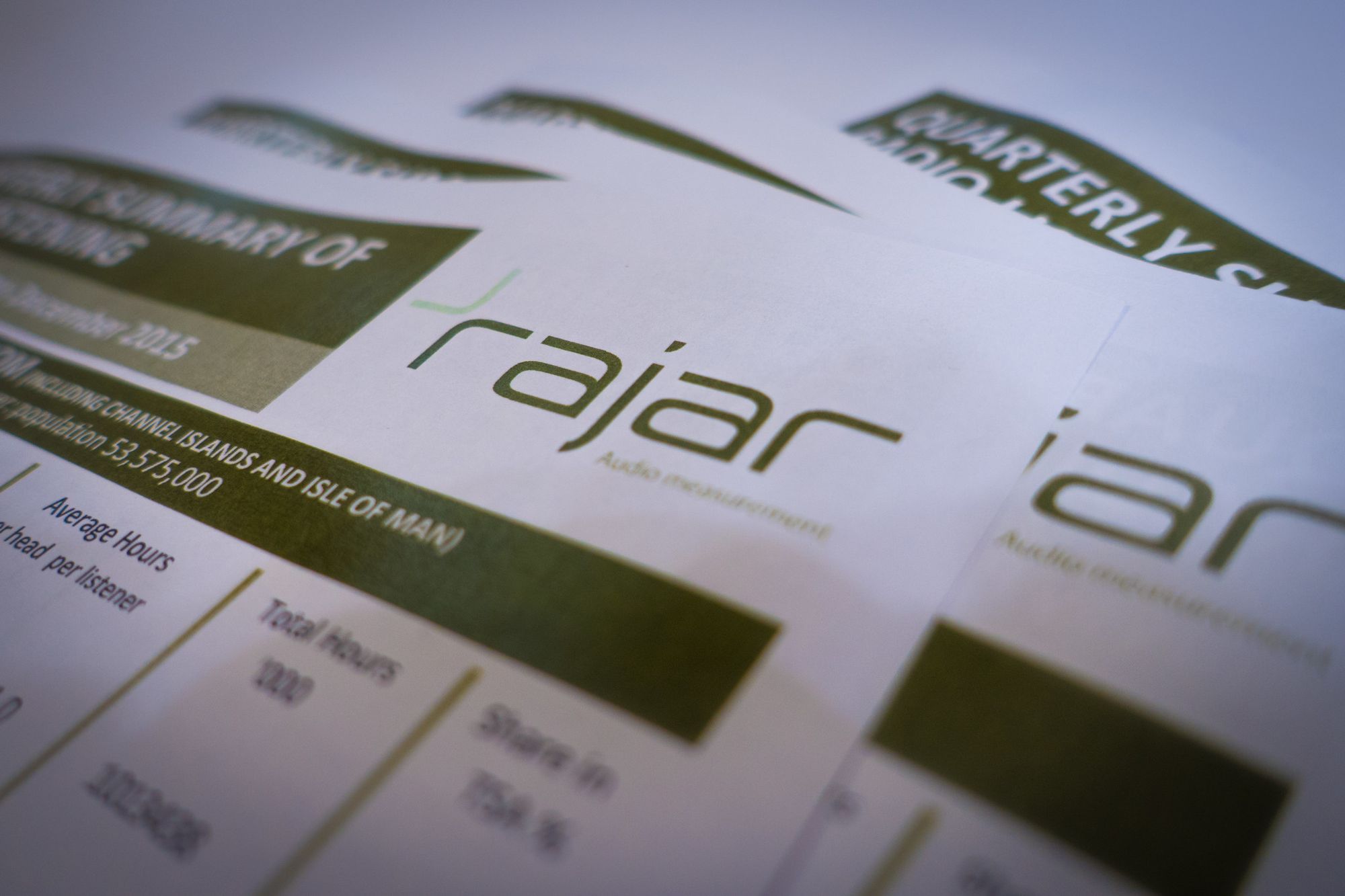Introduction:
The radio industry has been evolving rapidly with advancements in technology, and one such transformative force has been the integration of Artificial Intelligence (AI). AI has infiltrated various sectors, and radio is no exception. By incorporating AI-driven solutions, radio stations have experienced streamlined operations, improved content curation, and enhanced listener experiences. In this blog post, we will explore the pros and cons of five key case uses of AI in radio.
Content Recommendation:
Pros:
AI-driven content recommendation systems have revolutionized how radio stations deliver personalized content to their listeners. These algorithms analyze a user's listening history, preferences, and behavior to suggest songs, podcasts, or talk shows that align with their interests. This personalization not only keeps listeners engaged but also fosters a deeper connection with the audience.
Cons:
Privacy concerns may arise as the AI algorithms need access to user data to provide personalized recommendations. Radio stations must ensure strict data protection measures to safeguard their listeners' information.
Automated Content Creation:
Pros:
AI enables radio stations to automate content creation processes like news reports, weather updates, and even DJ-like voiceovers. This not only reduces manual labor and production costs but also ensures quicker and more accurate delivery of information.
Cons:
Fully automated content may lack the human touch and emotional connection that DJs and presenters bring to the table. Striking a balance between automation and human involvement is essential to maintain authenticity.
Ad Placement and Targeting:
Pros:
AI-powered advertising solutions in radio allow for precise ad placement and targeting based on listener demographics, interests, and behaviors. This improves the relevance of ads, increasing the chances of higher engagement and conversions for advertisers.
Cons:
Over-targeting or intrusive advertising can lead to listener dissatisfaction and push them away from the station. Striking the right balance between relevant advertising and not overwhelming the audience with ads is crucial.
Real-time Transcription and Translation:
Pros:
AI-driven transcription and translation tools can convert live radio content into written text and even translate it into multiple languages in real-time. This assists hearing-impaired individuals and non-native speakers, making radio content more inclusive and accessible.
Cons:
The accuracy of real-time transcription and translation can sometimes be a challenge, especially with regional accents or complex topics. Radio stations should strive for continuous improvement in AI language processing to minimize errors.
Predictive Analytics for Programming:
Pros:
AI analytics can analyze listener data, ratings, and feedback to predict trends and listener preferences accurately. This data-driven approach allows radio stations to tailor their programming to better suit their target audience, leading to increased listener satisfaction and loyalty.
Cons:
Over-reliance on AI predictions might lead to a homogenized playlist, limiting exposure to new or diverse content. Balancing data-driven insights with creative decision-making is vital to maintain a fresh and engaging radio experience.
Conclusion:
Artificial Intelligence has undoubtedly reshaped the radio industry, offering numerous benefits and opportunities for growth. From personalized content recommendations to predictive programming analytics, AI has enhanced the way radio stations connect with their audience. However, like any technology, there are challenges and concerns that need to be addressed, such as privacy, authenticity, and maintaining a human touch.
By understanding the pros and cons of these AI case uses in radio, broadcasters can harness the full potential of AI while ensuring a positive and enriching experience for their listeners. Striking a balance between technology and human creativity will be the key to a successful future for AI in radio.




